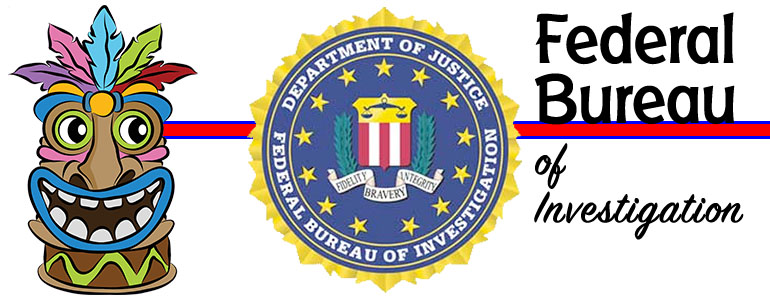
The United States Attorney’s Office is advising the public to be aware of a telephone scam in which individuals posing as government officials attempt to collect or extort money.
In an attempt to add credibility to their schemes, these individuals may represent themselves as attorneys or law enforcement officers. In some recent cases, individuals have spoofed the phone number of the U.S. Attorney’s Office, meaning that their phone number appears to be coming from the U.S. Attorney’s Office when it is not. The scammers have used the spoofed number to call intended victims within California, claiming to be either a police officer or an FBI agent, and threatening to show up at the intended victim’s house if the person does not pay money for “legal fees.” These calls do not originate from the U.S. Attorney’s Office or any other government agency, and are fraudulent. The U.S. Attorney’s Office will never call members of the public and threaten to arrest them and demand payment of unspecified “legal fees.”
Fraudsters or scam artists will sometimes impersonate government officials to try to add credibility to their scheme. They also frequently target the elderly. We encourage members of the public to be alert for potential phone scams against themselves and their family members, which may include the following warning signs:
- Being told you have won a prize or sweepstakes, and need to take steps to receive it, such as sending money for taxes and insurance before receiving the prize.
- Being asked to provide or to confirm your Social Security number, bank account or credit card numbers, or other personal or financial information.
- Use of scare tactics, such as claiming your loved one is in danger, or that you may be arrested if you do not take immediate action.
- Asking you to pay using money transfers, cryptocurrency, or gift cards.
- Pressure to act immediately.
- Promises to recover money you have lost in other scams, for a fee.
- Demanding that taxes be paid without giving taxpayers the opportunity to question or appeal the amount owed.
Those who receive these calls are encouraged to report them to the FTC via their website (https://reportfraud.ftc.gov) or by calling 877–FTC–HELP (877-382-4357). Fraud can also be reported to the FBI for law enforcement action at https://www.justice.gov/criminal-fraud/report-fraud. In addition, please be cautious about providing any personal information (names, addresses, dates of birth, Social Security Numbers) to anyone who calls or emails you because it could result in identity theft.
Additional tips to ensure your security and safety:
- Never trust the caller ID number; the displayed telephone number can be manipulated with software.
- Always consider sending unsolicited phone calls to voicemail. Many scam call centers will not leave a message.
- Never click on links contained in unsolicited emails or text messages. The links may route you to fake websites or deploy malicious software.
- Protect your personal and financial information. Never provide this information in response to unsolicited text messages, emails or social media posts claiming to be a government agency.
